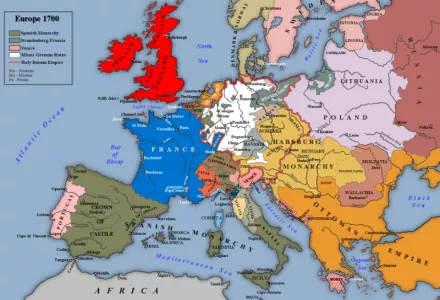Diplomats, Elites, and Hegemony: Failures of Global Governance in Historical and Contemporary Perspective
Speaker: Jonah Stuart Brundage, Postdoctoral Research Fellow, International Security Program
Why do certain states, at certain points in time, establish leadership and governance over regional or global systems of states? This seminar contributes to explaining this process of hegemony by emphasizing cases in which it failed to occur despite the presence of the necessary military and economic conditions. In particular, the speaker will present a historical case study of British diplomacy in eighteenth-century Europe, showing that Britain failed to become a regional hegemon at this time despite its unrivalled military and economic capabilities.
Please join us! Coffee and tea provided. Everyone is welcome, but admittance will be on a first come–first served basis.



